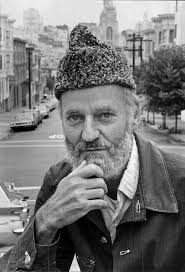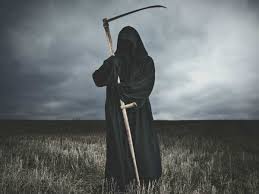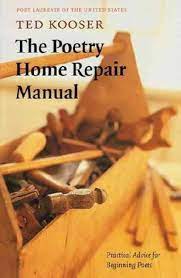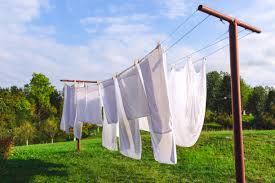
If you want to darn another hole in your poetry sock, you might try the once-famous Lawrence Ferlinghetti. You could even cheat by reaching for his “Greatest Poems” — though you could argue that editor Nancy J. Peters’ choices for “greatest” are as suspect as Lee Harvey Oswald. What can I say? On the savanna of literature, Subjectivity is King of the Beasts (and I ain’t lion).
If you cringed at that pun, you might cringe at a few of Ferlinghetti’s, too, because he wasn’t above dropping them into his poems. Not that he loses points with me for using them. I am a fan. Every time the groaners start acting superior about them, I point to the Bard, who was a master of puns himself, only in his case, said puns were labeled “great literature.”
I would say it’s a funny world, but let’s just say it’s a funny savanna.
If this collection of “greatest hits” was a hamburger, I would be a carb guy. Meaning, the early poems and late poems (buns, if you’re still with me) seemed more entertaining than all the middle protein (burger, medium rare). I would even lean toward the earliest as the better.
Some enjoyable turns of phrases I wrote down in my journal from the early stuff (as is my habit) are the following:
loud dark winter
burnt places of that almond world
poet’s plangent dream
algebra of lyricism
leaf in a pool…lay like an eye winking circles
silence hung like a lost idea
groaning with babies and bayonets under cement skies
No, not show stoppers, but still, enough to snag the eye before the stream of lyricism pulls them loose and continues them on their way.
As for the middle of the greatest hits sandwich, I was a bit underwhelmed at times. Not much special in the way of metaphor or imagery. Ferlinghetti’s go-to’s seem to be alliteration and assonance, but he was happy to ignore those, too, once he became popular (popularity being the Get Out of Jail Free card in Poetry World, that most strange and wonderful and insulated world known to man).
Here, for example, is LF riffing casually (it certainly seems) on underwear, a subject every poet should write about:
Underwear
Lawrence Ferlinghetti
I didn’t get much sleep last night
thinking about underwear
Have you ever stopped to consider
underwear in the abstract
When you really dig into it
some shocking problems are raised
Underwear is something
we all have to deal with
Everyone wears
some kind of underwear
The Pope wears underwear I hope
The Governor of Louisiana
wears underwear
I saw him on TV
He must have had tight underwear
He squirmed a lot
Underwear can really get you in a bind
You have seen the underwear ads
for men and women
so alike but so different
Women’s underwear holds things up
Men’s underwear holds things down
Underwear is one thing
men and women have in common
Underwear is all we have between us
You have seen the three-color pictures
with crotches encircled
to show the areas of extra strength
and three-way stretch
promising full freedom of action
Don’t be deceived
It’s all based on the two-party system
which doesn’t allow much freedom of choice
the way things are set up
America in its Underwear
struggles thru the night
Underwear controls everything in the end
Take foundation garments for instance
They are really fascist forms
of underground government
making people believe
something but the truth
telling you what you can or can’t do
Did you ever try to get around a girdle
Perhaps Non-Violent Action
is the only answer
Did Gandhi wear a girdle?
Did Lady Macbeth wear a girdle?
Was that why Macbeth murdered sleep?
And that spot she was always rubbing—
Was it really in her underwear?
Modern anglosaxon ladies
must have huge guilt complexes
always washing and washing and washing
Out damned spot
Underwear with spots very suspicious
Underwear with bulges very shocking
Underwear on clothesline a great flag of freedom
Someone has escaped his Underwear
May be naked somewhere
Help!
But don’t worry
Everybody’s still hung up in it
There won’t be no real revolution
And poetry still the underwear of the soul
And underwear still covering
a multitude of faults
in the geological sense—
strange sedimentary stones, inscrutable cracks!
If I were you I’d keep aside
an oversize pair of winter underwear
Do not go naked into that good night
And in the meantime
keep calm and warm and dry
No use stirring ourselves up prematurely
‘over Nothing’
Move forward with dignity
hand in vest
Don’t get emotional
And death shall have no dominion
There’s plenty of time my darling
Are we not still young and easy
Don’t shout
As you can see, Ferlinghetti forgoes periods and commas, though he does employ capitalization, which is more than some modern poets do, and other punctuation marks make cameos, too. Getting edgy, in other words, but not going over the edge.
Overall, a fun poet but, like Frank O’Hara, probably not one to imitate (unless you truly understand the meaning of that sign at the edge of a dark wood, “Imitate at Your Own Risk”).








